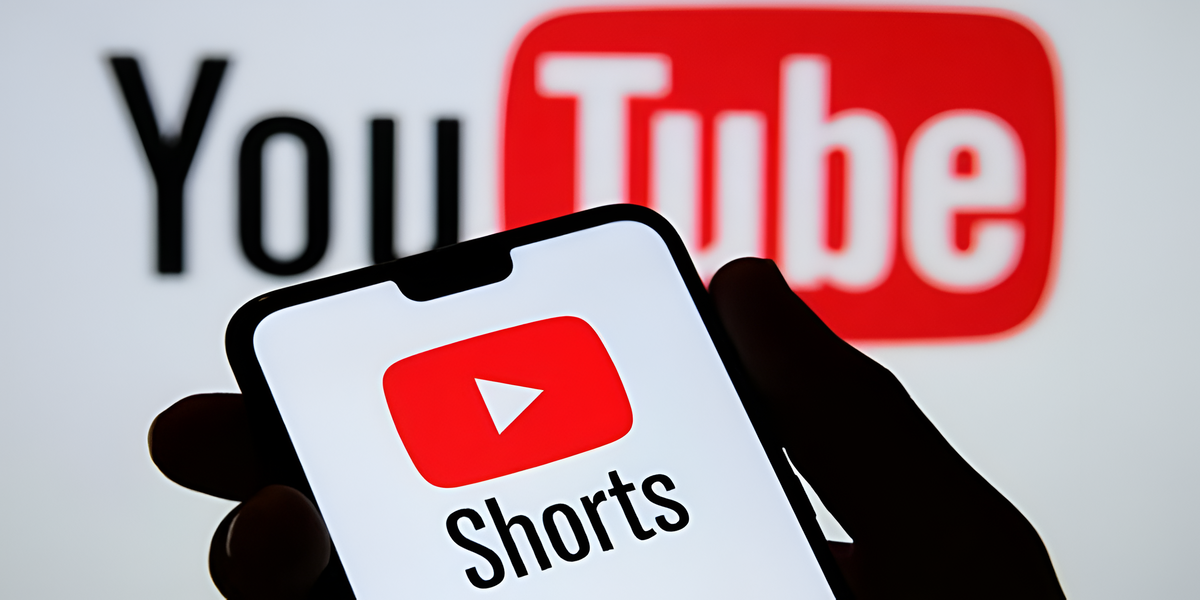During the experiment, the researchers gave 300 high school students (ages 16 to 19) seven text messages about the health effects of various fruits and vegetables. Grades are divided into several types: fake, true neutral, and correct with clickbait, grammatical errors, etc. Participants were then asked to rate the reliability of the message.
In addition to the fact that almost half of those surveyed rated fake and real messages as equally reliable, 11% thought unbiased health messages were less reliable than fake ones.
Source: Ferra











